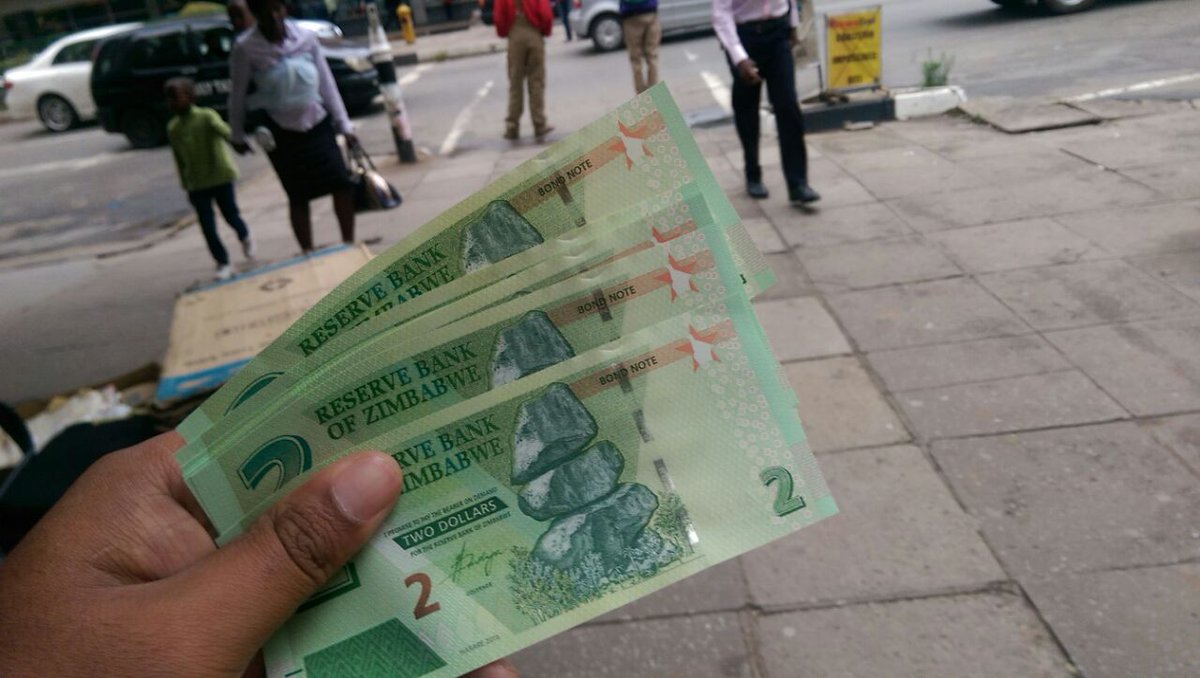Elijah Chihota
When the Minister of Finance and Economic Development, Professor Mthuli Ncube hinted that plans were on course to reintroduce the local currency, there has been an outcry from members of the public denouncing the move.
Minister Ncube’s local currency reintroduction is a step in the right direction. The country needs to have its own currency to enable the public to easily transact. This will also enable the Reserve Bank of Zimbabwe to control money supply in the country and ensuring that banks maintain sustainable balances in nostro accounts.
Government expenditure needs to be curbed. In this regard, Minister Ncube has moved to introduce austerity measures.
“A lot needs to be done before the introduction of the Zimbabwean currency, which first of all is fiscal discipline, making sure we bring the budget deficit into single digits and that runaway Government expenditure is curtailed”.
Most people are afraid of the introduction of the new currency mainly due to their 2006/7 hyperinflationary era nightmarish experiences. In order to forestall the same, Government needs to fulfil some conditions before the currency can come into operation. The conditions are easily achievable as long as all Zimbabweans understand and support government in its endeavours.
As Zimbabweans we need to work on exercising financial discipline through banking money and stop hoarding cash at home. We should also rally behind Minister Ncube so that in the long run we will grow our economy by promoting food sufficiency so that the import bill is generally reduced.
The country needs to maintain minimum foreign currency reserves adequate to cover for 3 to 6 months. The reserves will cater for the importation of electricity, medical drugs and fuel while new foreign currency streams will be opened up as the country begins to profitably trade with the international community.
The exchange rate will be determined by the market as the new currency will adopt a floating rate which is determined by market forces. Today the Chinese and Japanese economies are doing quite well, but their exchange rates are not at par with major currencies like the US dollar and British Pound. As of last Friday, January 25 the US dollar was trading at 6.77 and 109.82 against the Chinese Yuan and Japanese Yen, respectively. Therefore what is important is not that currencies are trading at par, but economic growth and stability.
Government needs to stabilise the inflation rate and encourage conducive interest rates for those who are seeking bank loans. Zimbabwe’s major undoing is that banks charge loans interest at very higher interest rates which most people are not able to afford thereby reducing uptake. The banks also ask for collateral security which most people cannot provide.
The monetary authorities need to build confidence in consumers and the business community. Once there is confidence that their savings are safe, money will start to change hands and trade will grow.
Good governance, another key requisite for the introduction of local currency, has been a pillar which most people as well as investors have been calling for. The Government has since adopted the Public Entities Corporate Governance Act for purposes of check and balances.
Given Government’s commitment to turn the economy around and Professor Ncube’s enthusiasm for the task before him, the country is on course to achieve the target of introducing a new currency by the end of this year.




